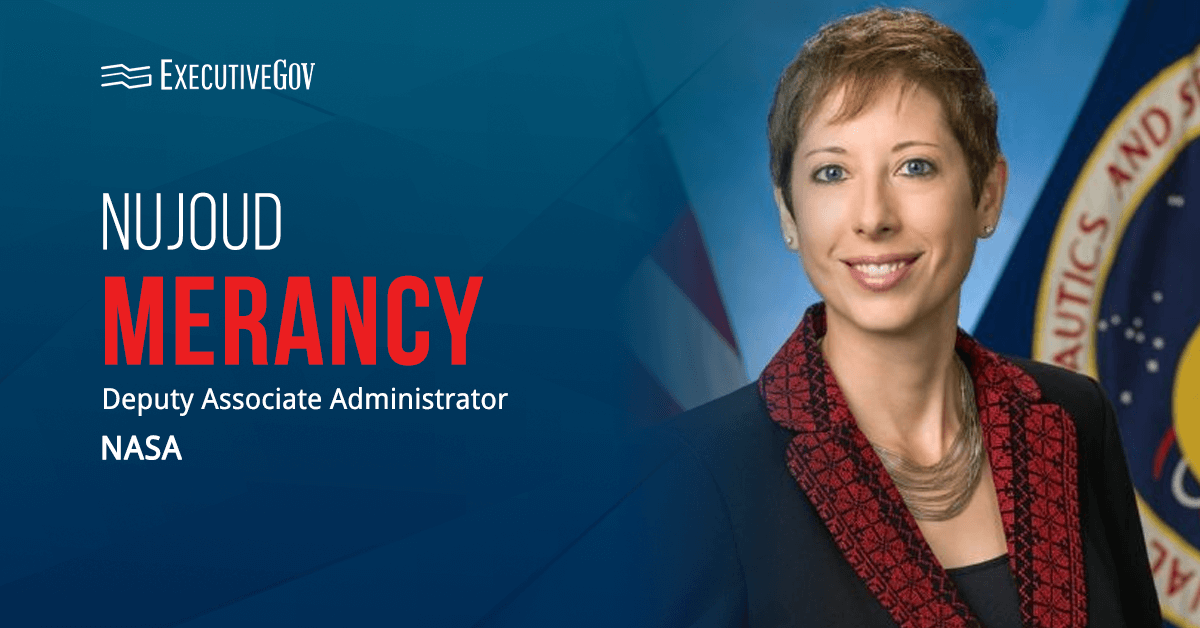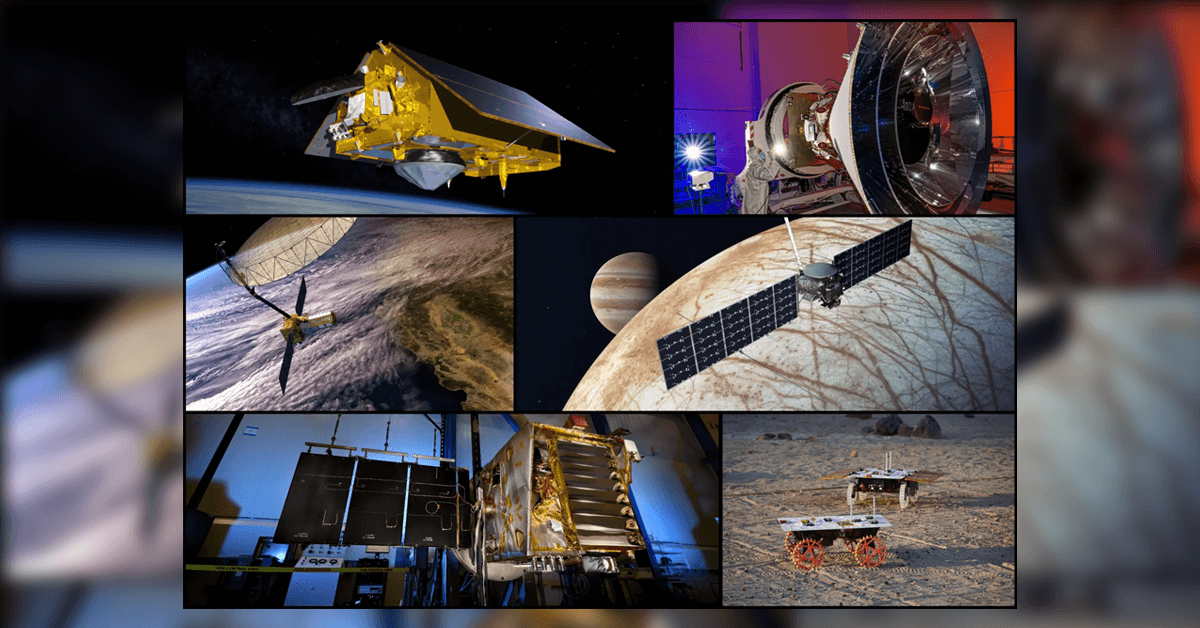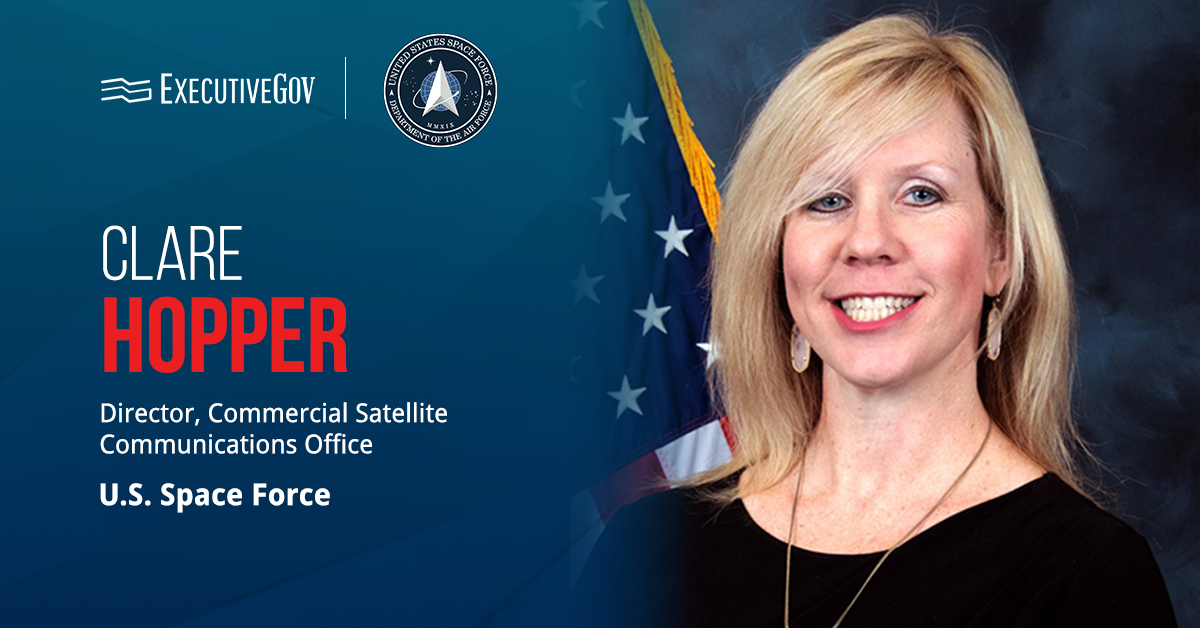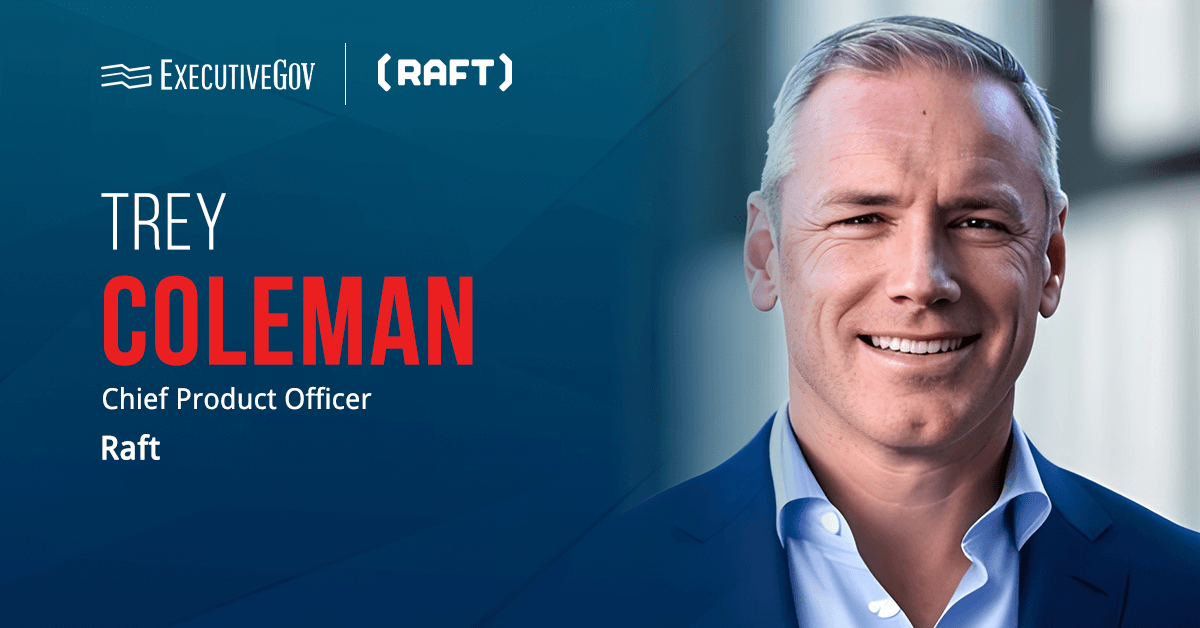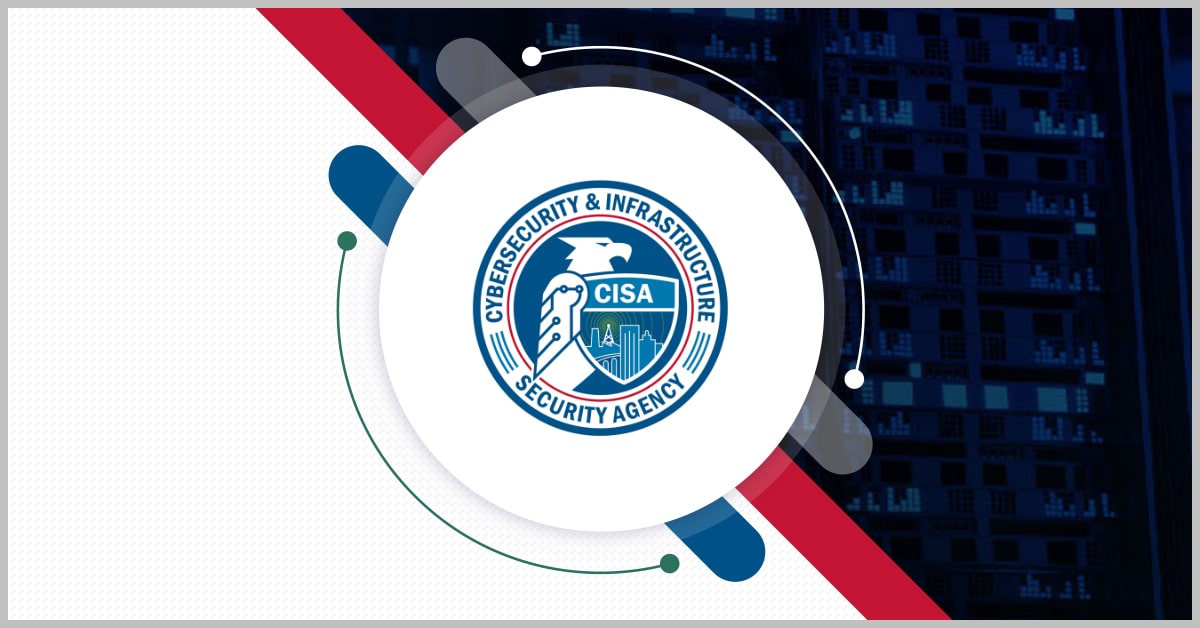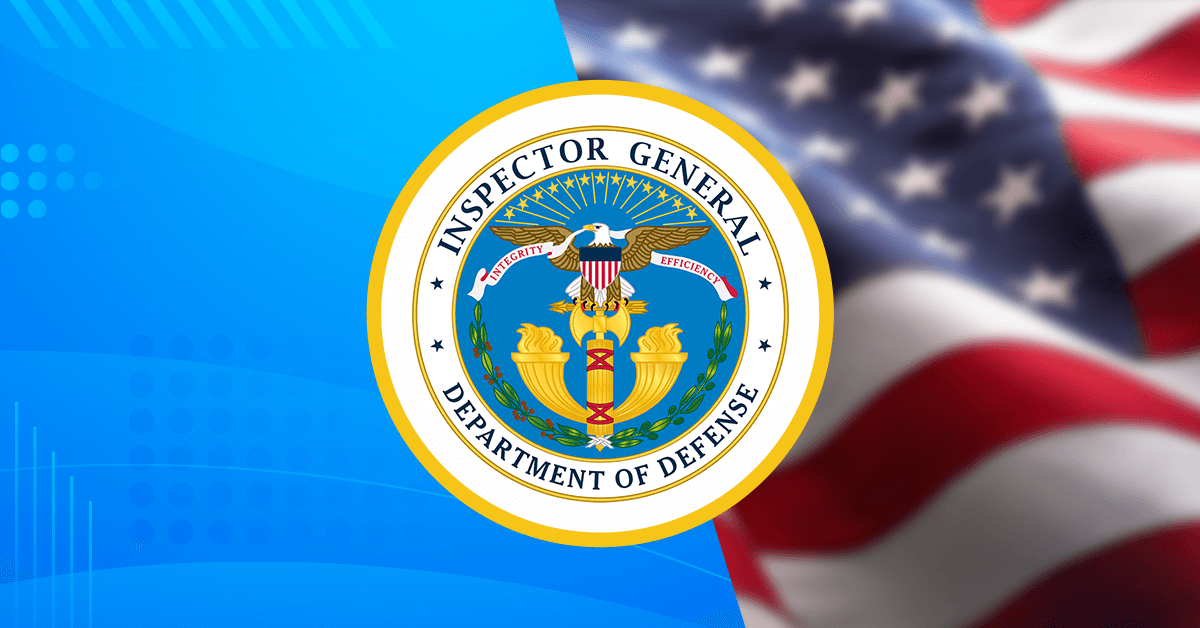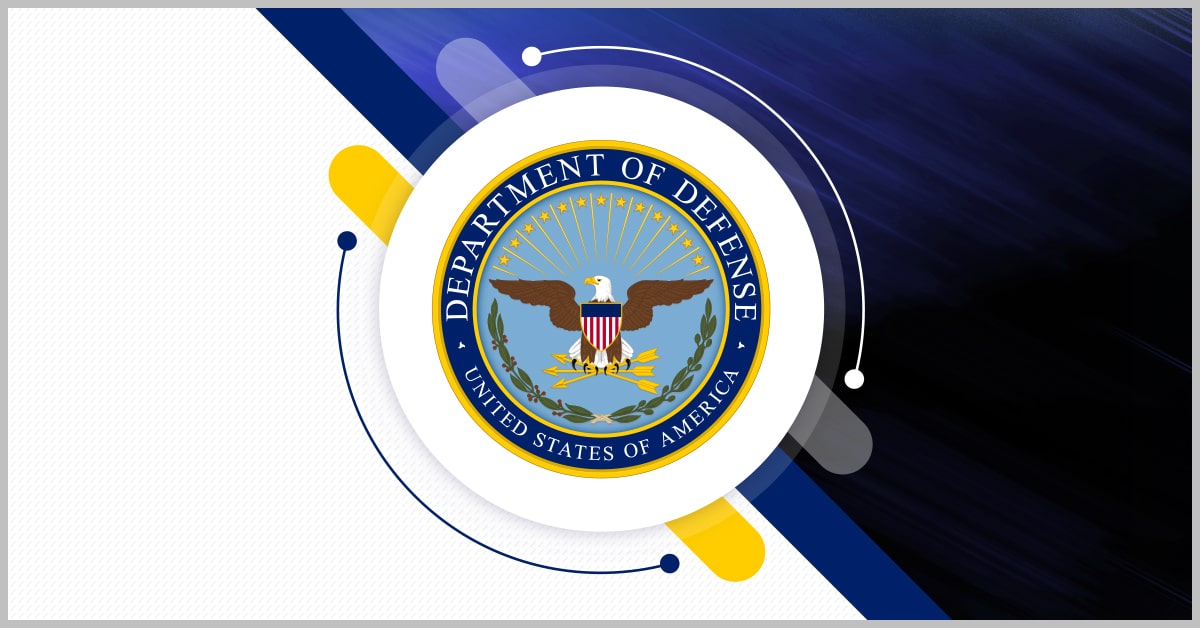NASA has selected nine U.S. companies to develop new strategies and concepts for logistics and mobility capabilities to support the Artemis lunar exploration mission.
Awarded under the Next Space Technologies for Exploration Partnerships Appendix R program, the $24 million worth of contracts will advance knowledge to help support life and work in the lunar environment, the space agency said Thursday. The awardees include Blue Origin, Intuitive Machines, Leidos, Lockheed Martin, MDA Space, Moonprint, Pratt Miller Defense, Sierra Space and Special Aerospace Services.
Table of Contents
New Capabilities to Support Artemis Campaign
Nujoud Merancy, deputy associate administrator of the Strategy and Architecture Office at NASA headquarters in Washington, characterized the contracts as the catalyst to develop capabilities for Artemis and “the everyday needs of astronauts for long-term exploration on the lunar surface.” “This is an important step to a sustainable return to the Moon that, along with our commercial partners, will lead to innovation and expand our knowledge for future lunar missions, looking toward Mars,” she explained.
Advancing Innovative Technologies
The chosen companies will work on innovative technologies, such as advanced robotics and autonomous capabilities, to support the Artemis campaign. For example, Blue Origin and Intuitive Machines will explore potential enhancements for logistics handling and offloading during space operations.
The contract awards highlight NASA’s continuing collaboration with industry, academia, and the international community to mature its crewed exploration blueprint and prepare humanity on a path to the Moon, Mars and beyond.


